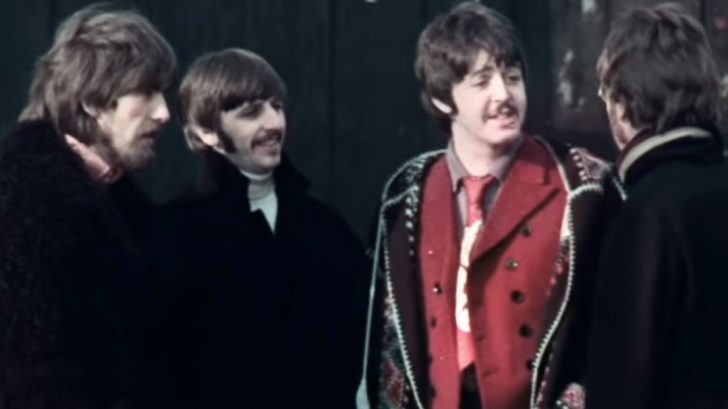The International Slavery Museum in Liverpool has terminated the connection between Penny Lane, the street made popular in a Beatles tune, and James Penny, a slave merchant from the district.
The origin of Penny Lane’s name developed into a topic after a press officer for the museum at Liverpool’s Albert Dock hinted the place was in recognition of Penny. The roadway is among several in the city mentioned in the documentation about streets named after slave merchants. A fresh report now withdraws the museum’s suspicions about the name.
“After speaking with Liverpool slavery historian Laurence Westgaph, Tony Tibbles, our Emeritus Keeper of Slavery History (also former Director of Merseyside Maritime Museum) and historian and blogger Glen Huntley, we have concluded that the comprehensive research available to us now demonstrates that there is no historical evidence linking Penny Lane to James Penny,” reads the statement. “We are therefore extending our original review and setting up a participative project to renew our interactive display.”
Nevertheless, it is known that Liverpool’s Arrad Street is named in memory of Penny’s birthplace in Ulverston in England’s Cumbria district.
According to Ralph MacDonald, a local historian and tour guide, Penny Lane first surfaced on a map in the 1840s as Pennies Lane, almost half a century following Penny’s death in 1799. Before that, it was an unnamed street far ahead the heart of Liverpool, which is one of the causes MacDonald had suspicions about its link to Penny.
“Penny Lane about that time would have been a fairly rural country lane,” he told Rolling Stone. “So that struck me. It would be very off that a lane in the middle of the country would be named after somebody in the same way that prestigious streets in the town center would.”
As part of the current Black Lives Matter protests, road signs for Penny Lane were mutilated, applying black paint to obliterate the word “Penny” and place “Racist” over the sign. Soon after that, Liverpool’s metro mayor, Steve Rotherham, said the historical significance of Penny Lane should be further examined.
MacDonald said he and along with a group of historians “have been working on this since about 2010 together — if not slightly earlier individually. It’s been an academic debate, really. So it’s a bit of a surprise to us all, to be honest. We’re sort of taken aback. We’re not used to this larger media interest in the names of streets going back to this, you know, 17 and 1800s — it’s not the usual thing that makes the news.”
He also stated his investigation hasn’t been able to uncover an accurate understanding for the Penny Lane name.

